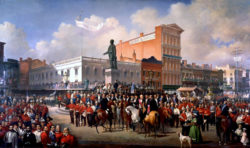Government, Politics & Law
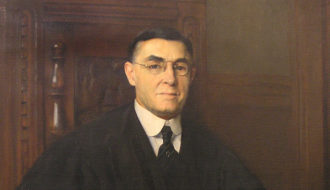
Oliver O. Provosty
Oliver O. Provosty served as the chief justice of the Louisiana Supreme Court in 1922.

Oliver O. Provosty served as the chief justice of the Louisiana Supreme Court in 1922.
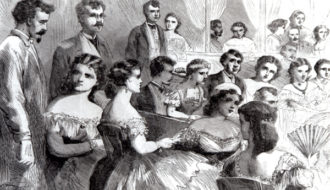
New Orleans has an almost unbroken tradition of opera that began in 1796 and first documented ballet was presented just three years later.
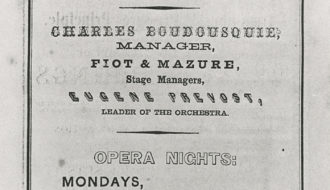
The Théâtre d’Orléans , established in 1815, was located on Orleans Avenue between Royal and Bourbon streets in the French Quarter of New Orleans.
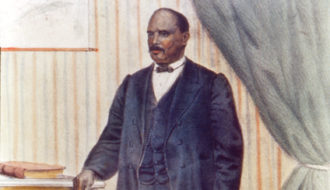
Oscar James Dunn became one of the first Black men to serve in an executive political position in the United States when he was elected lieutenant governor of Louisiana in 1868.

Oscar James Dunn became one of the first Black men in the United States to serve in an executive political position when he was elected lieutenant governor of Louisiana in 1868.
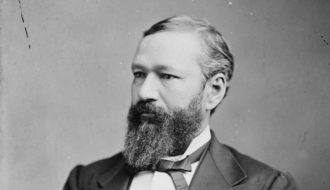
After serving as a Union officer in the Civil War, P. B. S. Pinchback became the first Black governor in the United States.

Probably best known today for being the only African American to serve as governor of a southern state during Reconstruction, P. B. S. Pinchback was a politician of enormous talent and remarkable longevity.
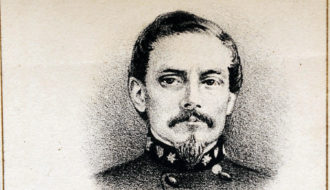
P. G. T. Beauregard, born in St. Bernard Parish in 1818, was among the first prominent generals of the Confederate Army during the Civil War.

Louisiana native Pierre Gustave Toutant Beauregard was a prominent Confederate general.
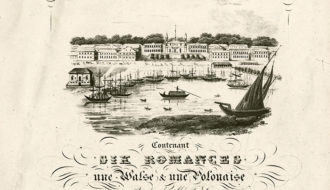
Paul Emile Johns is credited with the first performance of a Beethoven piano concerto, in New Orleans in 1819.
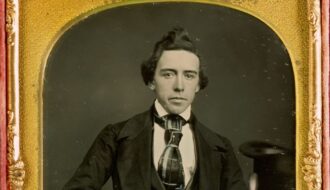
New Orleanian Paul Morphy rose to international fame as a chess master.
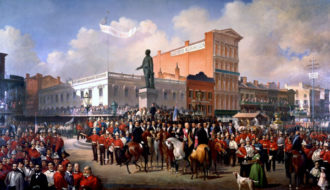
Though regarded as one of the best portrait painters in New Orleans's history, Paul Poincy's genre works are his most widely recognized.
One-Year Subscription (4 issues) : $25.00
Two-Year Subscription (8 issues) : $40.00
